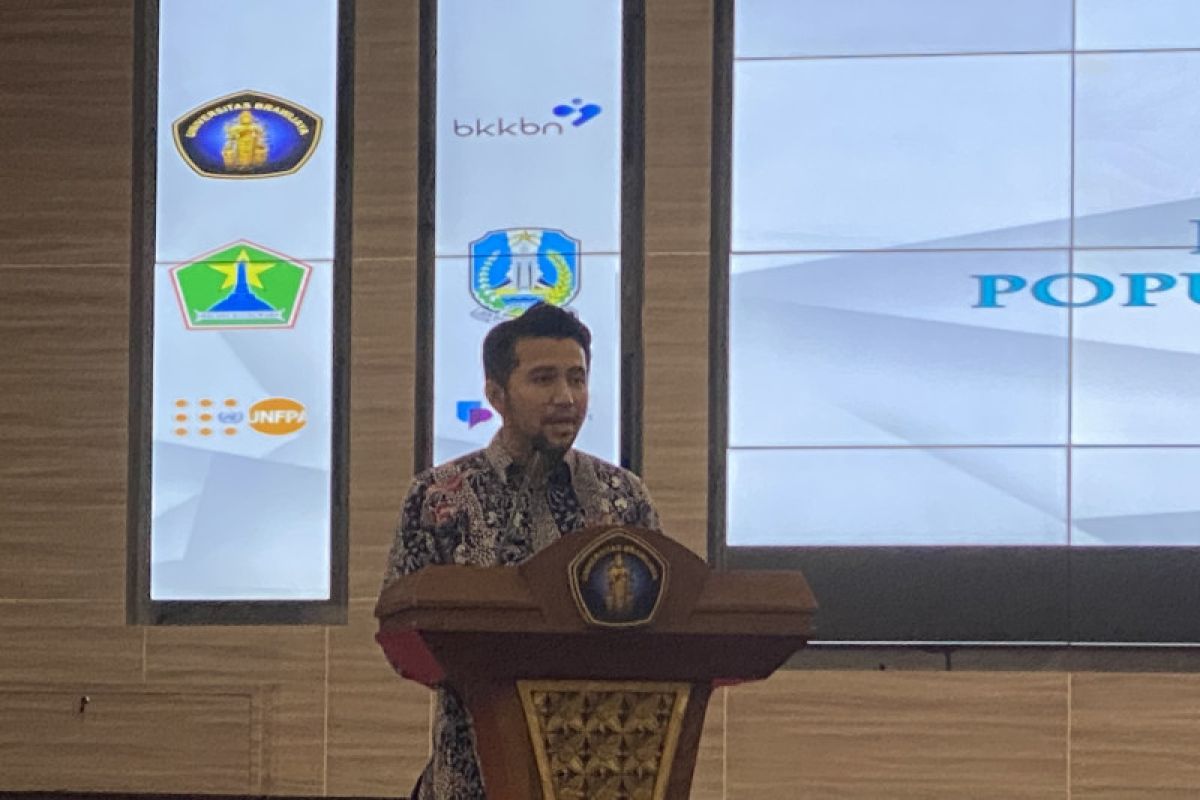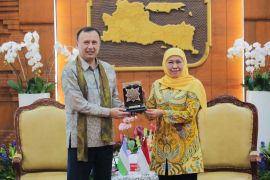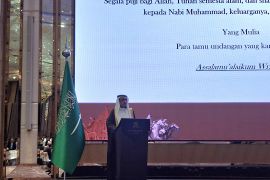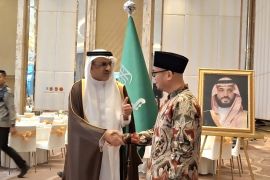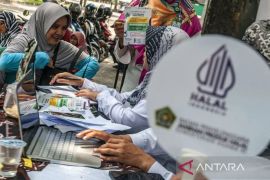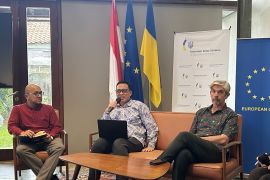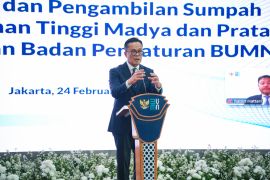"The human development index in East Java has continued to progress since 2020," Dardak stated at the Second Southeast Asia Biennial Conference on Population and Health Related to Stunting in Malang, East Java, on Tuesday.
Dardak remarked that this progress has been witnessed since 2019 when the HDI at that time reached 71.50 points and then increased to 71.71 points in 2020.
The increase in East Java's HDI in 2021 that reached 72.14 points also succeeded in bringing the region to the 15th rank nationally for the province, with the highest HDI category.
Based on the data obtained by Dardak, the increase in East Java's HDI for the 2020-2021 period also showed a good upward trend.
For newborns, the chances of survival in East Java can now reach up to 71.38 years, an increase of 0.8 years from the previous year.
In terms of opportunities for children aged seven years to attend school, data shows that they can attend school for 13.36 years in 2021, an increase of 0.17 years from 2020.
Meanwhile, the population, aged 25 years and above, had an average of 7.88 years of education, an increase of 0.1 years. The adjusted expenditure per capita has reached Rp11,701, an increase of Rp100 as compared to the previous year.
"Hopefully, we can maintain this achievement in future," Dardak remarked.
He affirmed that based on the East Java Statistics (BPS) release, the data is in line with the projected population of 41,149,974 people in East Java in 2022.
"East Java's population growth rate for the 2010-2020 period is 0.79 percent per year, and based on the 2017 Indonesia Demographic and Health Survey (IDHS), the East Java Total Fertility Rate (TFR) is 2.1," he added.
Related news: Indonesia's Human Development Index rose slightly amid pandemic: BPS
Seeing the improving quality of the population, Dardak expressed optimism that the success of the family development program and population and family planning could not be separated from the participation of all parties to build communication, coordination, convergence, and collaboration on an ongoing basis.
Through the international population conference that took place at Brawijaya University, Malang, Dardak invited all parties to further develop ideas and research from academics and researchers, especially in the Southeast Asian region, to obtain information on population programs and family planning in international forums to further conduct cooperation and exchange of information.
"Let us unite the vision, share the goals, work together, and unite for the realization of qualified Indonesian families," he concluded.
Related news: Ministry bolsters three strategies to fulfil rights of disabled people
Translator: Hreeloita Dharma S, Resinta S
Editor: Rahmad Nasution
Copyright © ANTARA 2022
